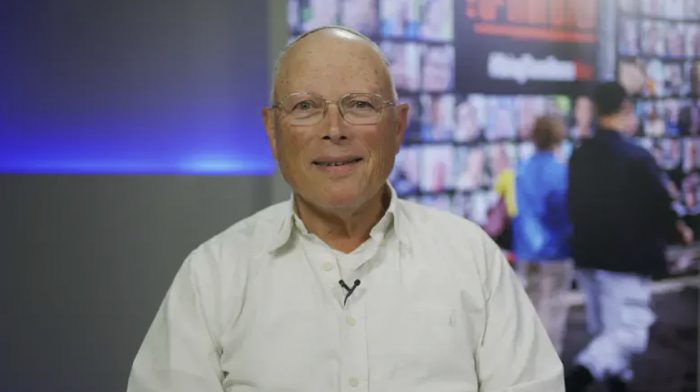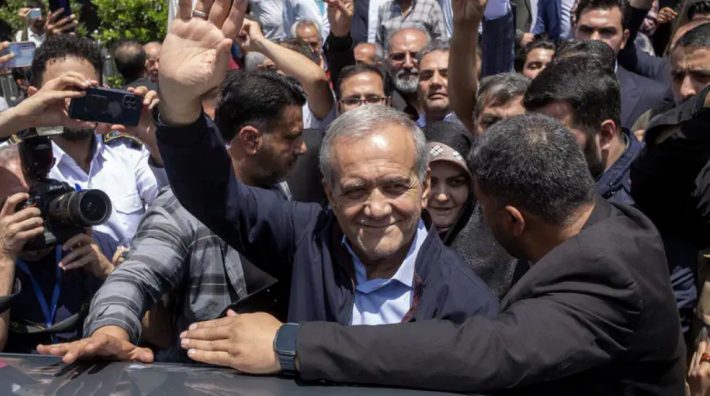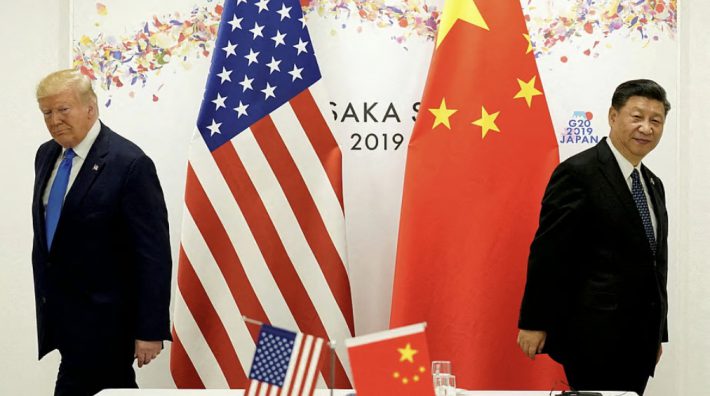Dr. Hagai Ben-Artzi issues scathing warning, calling Israel’s latest Hamas deal a moral disaster that guarantees future kidnappings and bloodshed.
Dr. Hagai Ben-Artzi, brother-in-law of Prime Minister Benjamin Netanyahu, delivered a blistering rebuke of Israel’s proposed prisoner-exchange agreement with Hamas, warning that the deal “signs the next kidnapping, the next massacre, and the next murders.”
Speaking Thursday at the Arutz Sheva – Israel National News studio, Ben-Artzi acknowledged the emotional relief that accompanies hostage releases, but said that joy must not blind Israelis to the long-term consequences.
“I rejoiced when the soldiers came home in the Jibril Deal, and I rejoiced when Gilad Shalit returned,” he said.
“But even then—and even more so now—I knew we were signing, with our own hands, the next tragedy.”
“We Are Caught in a Chain Reaction”
Ben-Artzi recalled how his opposition to the 2011 Shalit Deal was dismissed at the time as spoilsport pessimism. “I was called heartless,” he said. “But I never imagined its price would reach two thousand murdered and thousands more wounded. And today, we are repeating the same mistake—only this time the scale of disaster may be beyond imagination.”
He drew a historical line from the 1985 Jibril Deal, which released 1,150 terrorists and paved the way for the First Intifada, through the Oslo Accords, the Shalit Deal, and now the current proposal.
“A rational person learns from the past,” Ben-Artzi stated. “We haven’t. For forty years we’ve been freeing terrorists, and each time, the price we pay is higher. We are not only releasing tomorrow’s terror leaders—we are creating the motivation for future massacres. Because the message is clear: it pays to kill Jews.”
“A National Psychosis”
Ben-Artzi described Israel’s current mood as a kind of collective trauma stemming from the Yom Kippur War, when thousands were killed.
“Since then, we’ve lived in a psychosis—of surrendering, retreating, and trading security for momentary quiet,” he warned. “We demand the return of one child from Gaza but erase the future cost. The enemy understands our weakness and exploits it completely.”
“A March of Return Is Coming”
Ben-Artzi predicted that the agreement will trigger not peace, but a mass refugee movement.
“We’ve left Gaza in ruins—one million people in tents, in rain. They will not rebuild Gaza; they will march on Ashkelon, Ashdod, and Be’er Sheva,” he warned. “They will claim they are merely returning home. And Israel will be powerless, because we cannot fire on a million civilians walking toward the fence.”
He noted that the Israeli Supreme Court prohibits firing on unarmed civilians, leaving Israel “paralyzed” in the face of a potential ‘March of Return’ on Israeli cities.
Ben-Artzi referenced former U.S. President Donald Trump’s early advice to Israel — “Conquer and begin emigration” — as a missed opportunity for a strategic solution.
“Instead of decisive victory, we are chasing another ten or twenty hostages, and losing our future security,” he said.
Distrust in Security Establishment
Ben-Artzi dismissed talk of turning Gaza into an “economic hub,” citing decades of failed promises from security officials.
“They always said ‘security has never been better,’ and every time, we collapsed — including before October 7,” he said. “I no longer believe the generals who later say they ‘didn’t know’ or ‘thought differently.’”
According to him, Hamas now sees the ‘Right of Return’ as a realistic political goal, achievable through “non-military” means — and the Arab world will back it.
“Their goal is not solving the refugee problem,” he said, “but using it to erase Israel.”
“Cruel Truths Are Still Truths”
Responding to critics who called him “delusional, messianic, or cruel,” Ben-Artzi stood firm:
“They said the same when I opposed the Shalit Deal. You cannot save one son by killing hundreds—who become thousands. I’ll be called evil a thousand times over, but after being proven right four times, we have the moral right to say: enough. Each time, we invite an even greater disaster. And the next one,” he warned, “will be far worse than we can imagine.”





